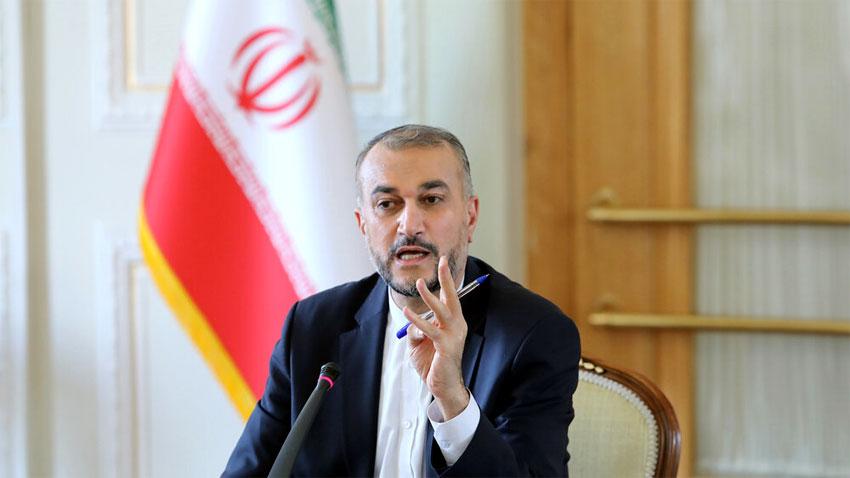In a recent development that underscores the escalating tensions in the Middle East, Iranian Foreign Minister Hossein Amir-Abdollahian took to social media to express his profound disappointment with the EU’s Sanctions on Iran.
Amir-Abdollahian lamented the EU’s hasty decision, characterizing it as an unjustifiable move against Iran merely for exercising its right to self-defense in response to what he termed as “reckless aggression” from Israel. The Iranian diplomat’s remarks come in the wake of the EU foreign ministers’ unanimous agreement to expand sanctions on Iran following its retaliatory military action against Israel earlier this month.
Critically, Amir-Abdollahian urged the EU not to heed Washington’s counsel, cautioning against prioritizing the interests of the Israeli regime over principles of justice and fairness. He further bemoaned what he perceived as the EU’s lackluster response to Israel’s alleged transgressions, decrying it as little more than “hollow words” in the face of what he described as “different war crimes, missile attacks, and famine” inflicted upon Palestinians.
The Iranian official’s appeal to the EU resonated with a call for responsible action, imploring the bloc to direct its sanctions towards Israel, which he accused of perpetrating destabilizing regional activities. The EU’s sanctions, aimed at restricting the export of components crucial for Iran’s drone and missile programs, reflect a broader international effort to curb Tehran’s military capabilities.
The geopolitical landscape further complicates as the United States and Britain have also recently announced their own sets of sanctions targeting entities associated with Iran’s military and regional activities. These moves underscore the deepening rift between Iran and Western powers, particularly in light of recent escalations stemming from alleged provocations by both sides.
The catalyst for the recent tensions traces back to a series of events, including an Israeli airstrike on the Iranian embassy in Syria’s capital Damascus, which resulted in casualties among Iranian personnel. Iran’s subsequent missile and drone attack on Israel marked a significant escalation, further exacerbating an already volatile situation in the region.
As diplomatic tensions continue to simmer, the Iranian FM’s critique of the EU’s actions underscores the complexities of international relations in the Middle East, where geopolitical rivalries and regional dynamics often intersect with global power struggles. Amidst the rhetoric and sanctions, the quest for stability and peace remains elusive, overshadowed by the specter of conflict and retaliation.


